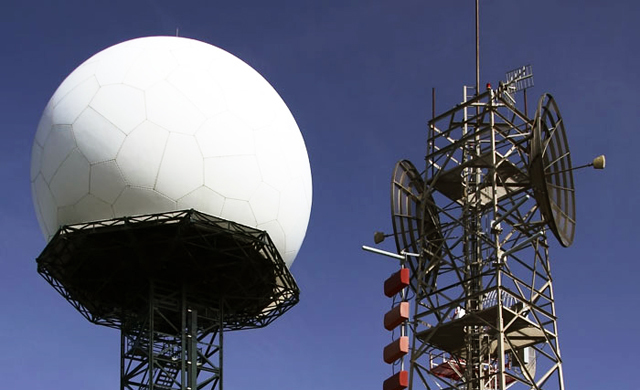Growing almost as fast as the wireless communications industry are the fees and taxes paid by wireless phone users.
Even as revenue earned per wireless phone falls, taxes and fees climb. In a new report, Scott Mackey of KSE Partners examines the burden these taxes and fees add to wireless phone users’ monthly bills. Mackey concludes the taxes and fees have steadily climbed, from an average of 16.26 percent of wireless bills in July 2010 to 17.18 percent in July 2012. This amounts to a 5.5 percent increase in burden in just two years.
“Wireless consumers now pay the highest combined tax and fee burden since I began tracking rates in 2003, more than 3 percentage points above the 14.13 percent rate in 2007, which marked the low point for wireless taxes and fees during the last decade,” Mackey wrote.
Mackey found that wireless fees were increasing across almost all taxing levels. All told, the average amount that wireless users paid in taxes, fees and surcharges per month increased from $7.84 to $8.07 from 2010 to 2012.
According to CTIA, an international nonprofit membership organization representing the wireless communications industry, as of June 2012 approximately 322 million wireless subscriber connections existed in the United States alone. Wireless phone services are quickly becoming the primary phone carrier for Americans, today about 34 percent of U.S. households are wireless-only, and this number is on the rise.
Surge in Federal Surcharge
Mackey wrote the main culprit behind the increased wireless tax and fee burden over the last two years is the federal Universal Service Fund (USF). Mackey noted rapid growth in the USF surcharge and contends it has grown to where it is slowing wireless development.
“The federal USF surcharge has nearly tripled over the last decade, from 2.07 percent in 2003 to 5.82 percent in 2012,” he wrote. “In fact, the 5.82 percent federal USF rate in 2012 almost exceeds the combined federal rate imposed in 2005, when the 3 percent federal excise tax still applied to wireless service.”
Mackey concludes the report by recommending against tax increases on wireless services, arguing they slow wireless development. Instead of imposing narrow wireless taxes, he favors broad-based taxes that encourage development of new technology and do not distort consumer choices.
Drag on Wireless Development
“Higher taxes on wireless service, coupled with increased taxes on wireless investments, may lead to slower deployment of wireless network infrastructure, including 4G wireless broadband technologies that an increasingly mobile workforce relies on for economic success,” he wrote. “States should study their existing communications tax structure and consider policies that transition their tax systems away from narrowly based wireless taxes and toward broad-based tax sources that do not distort consumer purchasing decisions and do not slow investment in critical infrastructure like wireless broadband.”
Mackey’s report brought quick reactions from several technology experts. CTIA President Steve Largent argued the rising taxes and fees on wireless services have led to the need for substantial communications tax reform. On his CTIA blog, Largent cited Mackey’s report and called for the passage of the Wireless Tax Fairness Act.
‘Need Relief’
“This is a truly troublesome trend, which is why we are advocating for the U.S. Senate to pass the Wireless Tax Fairness Act (S. 543). The U.S. House already passed the bipartisan bill last year, but we need the Senate to do the same so millions of wireless customers can get some much needed financial relief,” Largent wrote.
The Wireless Tax Fairness Act would put a five-year moratorium on discriminatory state wireless phone and data service tax increases. While this wouldn’t prevent governments from creating new taxes and fees on all communications, it would disallow them from targeting any one service. A five-year freeze would both slow the rate of tax increases while allowing for more time to create a new taxing system for wireless that is more carefully developed, fair and non-disruptive, according to CTIA.
Internet Info
“Wireless Taxes and Fees Continue Growth Trend,” by Scott Mackey: http://heartland.org/policy-documents/wireless-taxes-and-fees-continue-growth-trend





